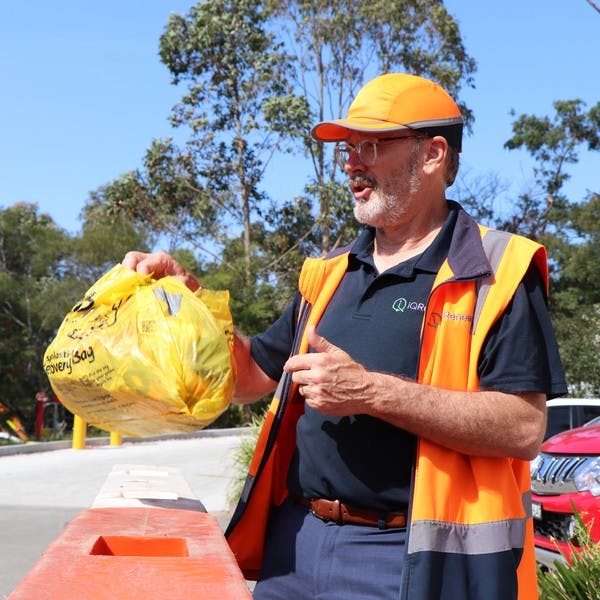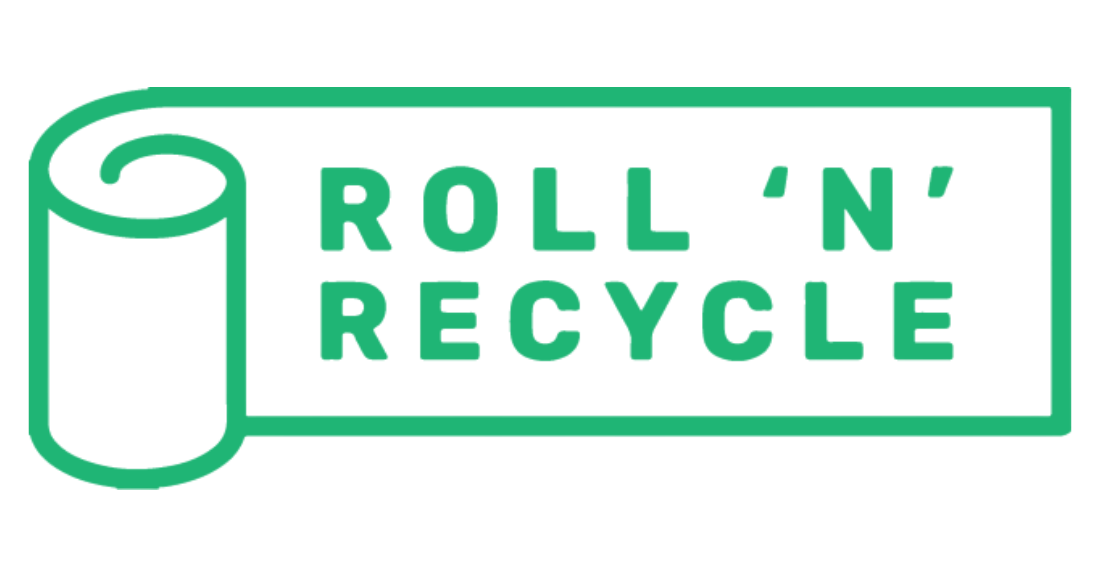Why recycle?
Plastic waste and pollution are a big problem in Australia and worldwide. Its estimated five trillion plastic bags are used every year globally thats 120,000 bags every second! Each plastic bag may only be used for a few minutes before being thrown away, taking between 15 to 1,000 years to break down.
Soft plastics including plastic bags can easily be blown away from landfills and enter our environment where wildlife can become entangled in the plastic or mistake it for food. When plastics are littered in the ocean, they break down into smaller pieces and are often eaten by fish and other marine animals.
Manufacturing plastics from recycled materials also uses less energy than is required to make virgin plastic products from fossil fuels, which is a big saving for the environment.
The best solution to this problem is to use reusable shopping bags and avoid soft plastics including single-use plastic items wherever possible. While its almost impossible to avoid soft plastics completely, small reductions per person can add up to make a big impact.
What happens to them?
Soft plastics that are collected through specialised recycling services are sent to dedicated recyclers/re-processors. They can be physically recycled into plastic materials that can be used to make things like outdoor furniture and road infrastructure. Soft plastics can also be chemically recycled (broken down into their raw components) and used to make new plastics or used as fuel.
What are soft plastics?
Soft plastics are any kind of plastic item (usually packaging) that can be easily scrunched in your hand.
Common soft plastic items include:
- Plastic bags
- Pasta and rice bags
- Lolly and biscuit packets (outside package only)
- Fresh fruit and veggie bags and frozen food bags
- Magazine and newspaper wrapping
- Cling wrap
- Bubble wrap













